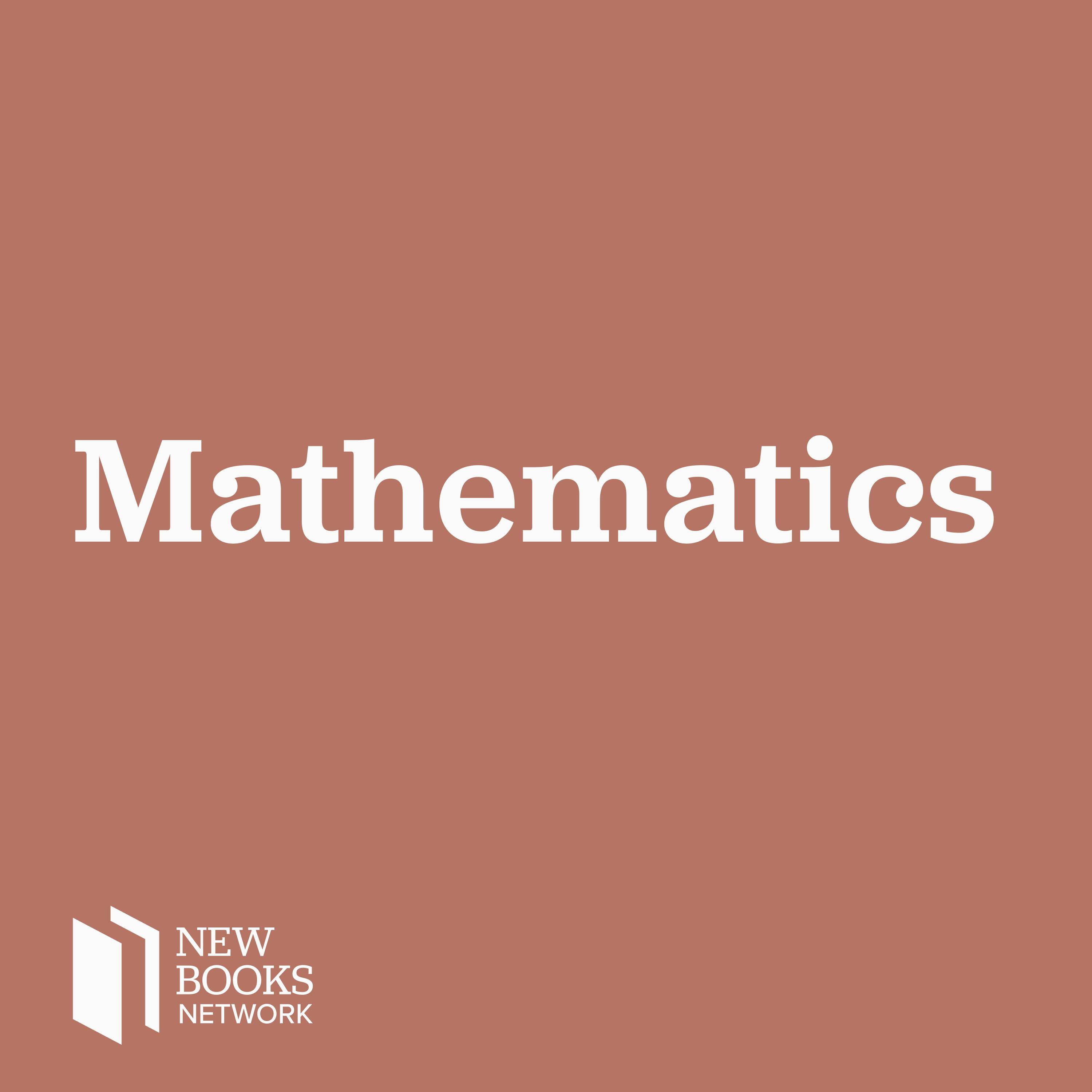Ronald Meester and Klaas Slooten, "Probability and Forensic Evidence: Theory, Philosophy, and Applications" (Cambridge UP, 2021)
Description
In Probability and Forensic Evidence: Theory, Philosophy, and Applications (Cambridge UP, 2021), Ronald Meester and Klaas Slooten address the role of statistics and probability in the evaluation of forensic evidence, including both theoretical issues and applications in legal contexts. It discusses what evidence is and how it can be quantified, how it should be understood, and how it is applied (and, sometimes misapplied).
Ronald Meester is Professor in probability theory at the Vrije Universiteit Amsterdam. He is co-author of the books Continuum Percolation (1996), A Natural Introduction to Probability Theory (2003), Random Networks for Communication (2008), and has written around 120 research papers on topics including percolation theory, ergodic theory, philosophy of science, and forensic probability.
Klaas Slooten works as Statistician at the Netherlands Forensic Institute and at the Vrije Universiteit Amsterdam where he is Professor by special appointment. He as published around 30 articles on forensic probability and statistics. He is interested in the mathematical, legal, and philosophical evaluation of evidence.
Marc Goulet is Professor in mathematics and Associate Dean in the College of Arts and Sciences at the University of Wisconsin-Eau Claire.
Learn more about your ad choices. Visit megaphone.fm/adchoices
Support our show by becoming a premium member! https://newbooksnetwork.supportingcast.fm/mathematics
More Episodes
Published 04/15/24
The stereotype of the solitary mathematician is widespread, but practicing users and producers of mathematics know well that our work depends heavily on our historical and contemporary fellow travelers. Yet we may not appreciate how our work also extends beyond us into our physical and societal...
Published 04/15/24
What's the best way to determine what most voters want when multiple candidates are running? What's the fairest way to allocate legislative seats to different constituencies? What's the least distorted way to draw voting districts? Not the way we do things now. Democracy is mathematical to its...
Published 02/01/24


